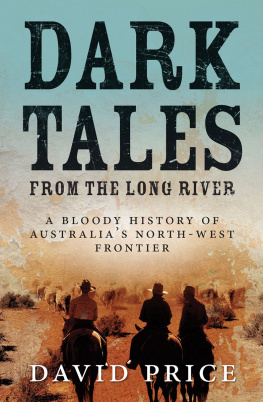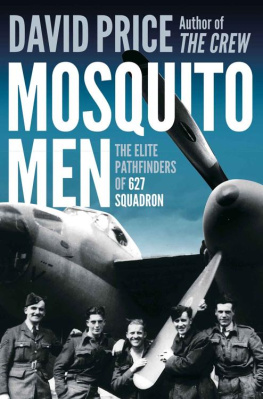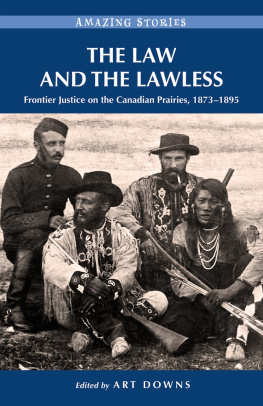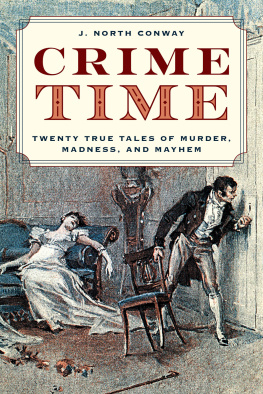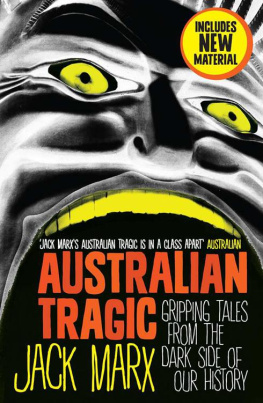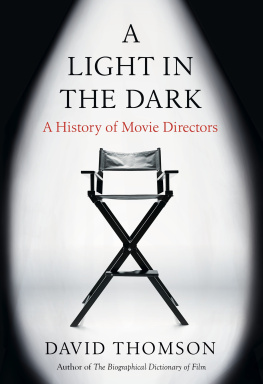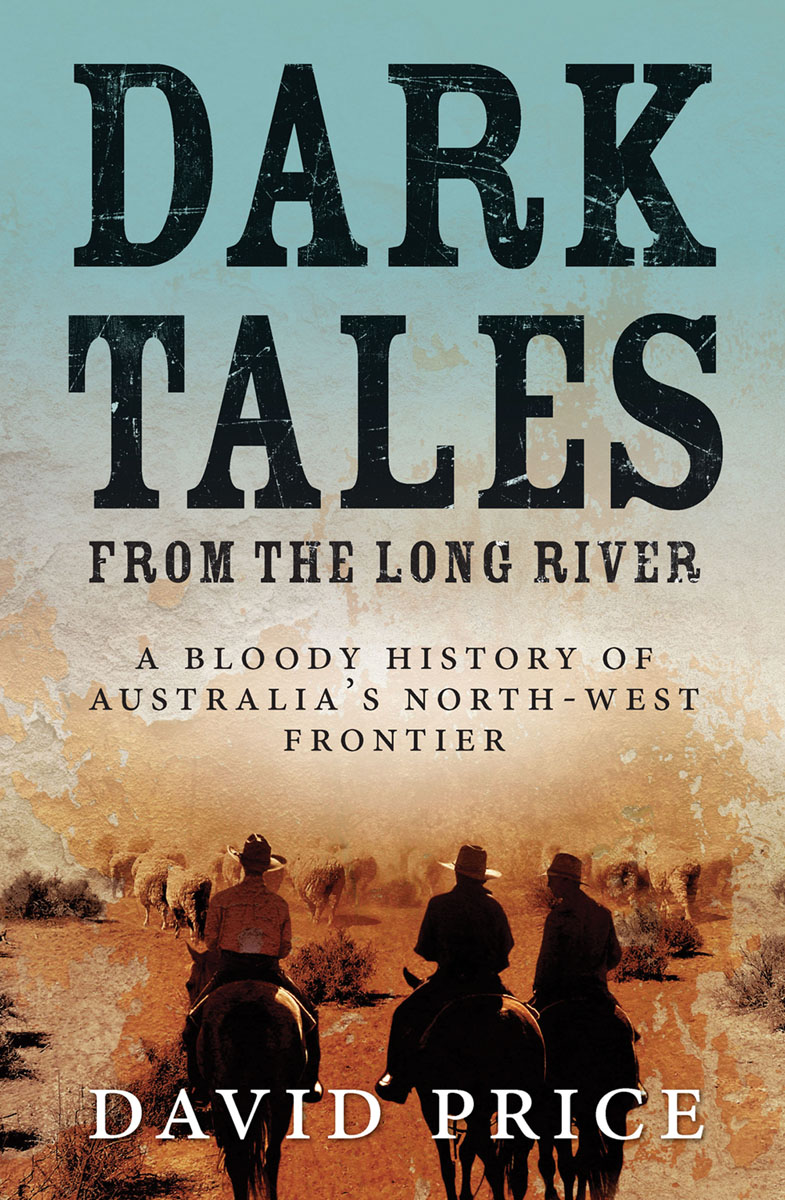

In memory of
Greg Nicolay
(19572012)
First published 2021 by
FREMANTLE PRESS
Fremantle Press Inc. trading as Fremantle Press
25 Quarry Street, Fremantle WA 6160
(PO Box 158, North Fremantle WA 6159)
www.fremantlepress.com.au
Copyright David Price, 2021
The moral rights of the author have been asserted.
This book is copyright. Apart from any fair dealing for the purpose of private study, research, criticism or review, as permitted under the Copyright Act, no part may be reproduced by any process without written permission. Enquiries should be made to the publisher.
Cover images by Callum Robbins/Shutterstock.com, John Carnemolla/Shutterstock.com, David Whitemyer/Shutterstock.com, Ensure/Shutterstock.com.
Cover design by Carolyn Brown, www.tendeersigh.com.au.

ISBN 9781925816631 (paperback)
ISBN 9781925816648 (ebook)

Fremantle Press is supported by the State Government through the Department of Local Government, Sport and Cultural Industries.
David Price is an Australian writer who grew up in the small north-western town of Carnarvon. He has been a teacher and principal in many parts of the state and influential in public education innovation and reform. Although now living in Perth, David has long been intrigued by the hidden history of his home town and the sometimes wilful amnesia of his country in relation to the treatment of Aboriginal people and Asian migrants by early waves of white colonists. He has two children and continues to work in the field of educational leadership and executive coaching.
CONTENTS
THE FRONTIER ON THE LONG RIVER
In the beginning there was no frontier. There was only a place by the sea where a long, sandy river flung its tail eastwards towards the centre of a silent continent. In the west, the rivers tongue split in two, licking the salty lip of an indifferent ocean that sometimes slapped, sometimes caressed the mangrove-littered shores and the empty beaches of the shimmering land.
Each day, the ocean tide slid slowly, quietly in and out of the rivers moist throat. Sawfish, stingrays and flathead basked in the warm, shallow water left behind. On hot summer afternoons seagulls and pelicans hung in the eddy of salty souwesters that blustered in across the waves. The wind brought with it cooler air that bent the gum trees on the riverbanks.
Sometimes cyclones tore into the north-western reaches of the continent. When they had spent their fury, they moved dark and sullen towards the inland where they dropped rain on the rivers eastern tributaries. Then a great stream of water would race brown, blind and mute towards the lands end, spewing into the ocean, staining its waves and littering the beaches with logs and branches and dead animals.
A dark people lived there. Those people were owned by that land. It was their place, their birthright. They left no scar on that countrys skin, raised no fences, moved silently through its silence. They called the place by the ocean Kuwinywardu, the neck of the river, and along its length they knew every secret, every sacred place and the names of everything in it.
Once, thousands of years before there was a northern frontier, there was only a river, a sea, a sky, and a place that owned a people.

I now turned off west by south, quitting the bed of the river, which I named the Gascoyne in compliment to my friend, Captain Gascoyne, and found that we were in a very fertile district, being one of those splendid exceptions to the general sterility of Australia which are only occasionally met with: it apparently was one immense delta of alluvial soil covered with gently sloping grassy rises, for they could scarcely be called hills; and in the valleys between these lay many freshwater lagoons which rested upon a red clay soil that tinged the water of its own colour and gave it an earthy taste.
Journal of Lieutenant George Grey, 1839
Sir, I am directed by the Governor to inform you that you have been appointed to direct the exploring expedition about to proceed northwards [from Perth] The party under your direction, it is intended, should proceed northward as high as the Gascoyne River You will examine that river as far as it may be practicable to do, with the view of tracing its course; of ascertaining, if possible, the nature of the bar at the mouth of it, and the question of its being practicable for boats, to what distance from the bar, and the nature of the soil in the vicinity of either bank.
Letter from Colonial Secretarys Office to R.T. Gregory, 1848
The Gascoyne here divides into several broad sandy channels, sometimes as much as a mile apart. Towards evening we came upon a native encampment; few of the men appeared to have returned from their days hunting, but we observed upwards of thirty women and children, who ran into the bed of the river to hide, some of the women immersing their children completely under water occasionally to prevent their cry of alarm attracting our attention.
Journal of R.T. Gregory, 1848
A town-site named Carnarvon has been laid out at the mouth of the Gascoyne River. The boundaries and the upset prices of the lots in the new town-site are specified in the last Government Gazette.
The Herald (Fremantle, WA), Saturday 27 January 1883
Nothing in the shape of a townsite could be more unprepossessing to a stranger than Carnarvon: low shores, treeless, houseless, giving one at first that he was in squatting country; background made up of ridges and raw sand bearing stunted scrubs; the same thing being alive with natives in a state of nature; a number of houses, include two hotels and three stores.
Reverend John Brown Gribble, Dark Deeds in a Sunny Land, 1886
they found no serious difficulties in handling the natives and keeping on friendly terms with them during the early days when only those experienced in pioneer work and new countries had to do with them, but on the advent of strangers and new settlers from other parts, and the natives being spoilt and their heads turned by a policy of over-indulgence at one time and inexperienced methods of treatment and correction at another, with much ignorance of their ways, customs, habits, language, dispositions etc., the natives began thence to acquire a familiar kind of contempt for their white employers and ceased to look on them with the proper respect and reasonable fear that the superior race should have inspired, and soon showed a disposition and intention to measure strength and a determination to throw them out of their country, and then there was no end of trouble from them for some years
Alexander Robert Richardson, Early Memories of the Great Nor-West, 1909
The appointment of Mr. Charles Denroche Vaughan Foss, to the lately-created post of itinerant magistrate for the Gascoyne district, will, doubtless, be hailed with much satisfaction by all the settlers of that locality, many of whom have, since their arrival there, been sufferers, to a greater or less degree, from the thievish propensities of the aboriginals. The selection of Mr. Foss to fulfil the important duties pertaining to such a post, is a most happy one, as he is eminently qualified therefore, in every way, being still in the vigour of life, a shrewd observer, a fearless and experienced bushman, and one well acquainted with the peculiarities and customs of the nomadic race, in dealing with which, his principal work will lie.
Next page
